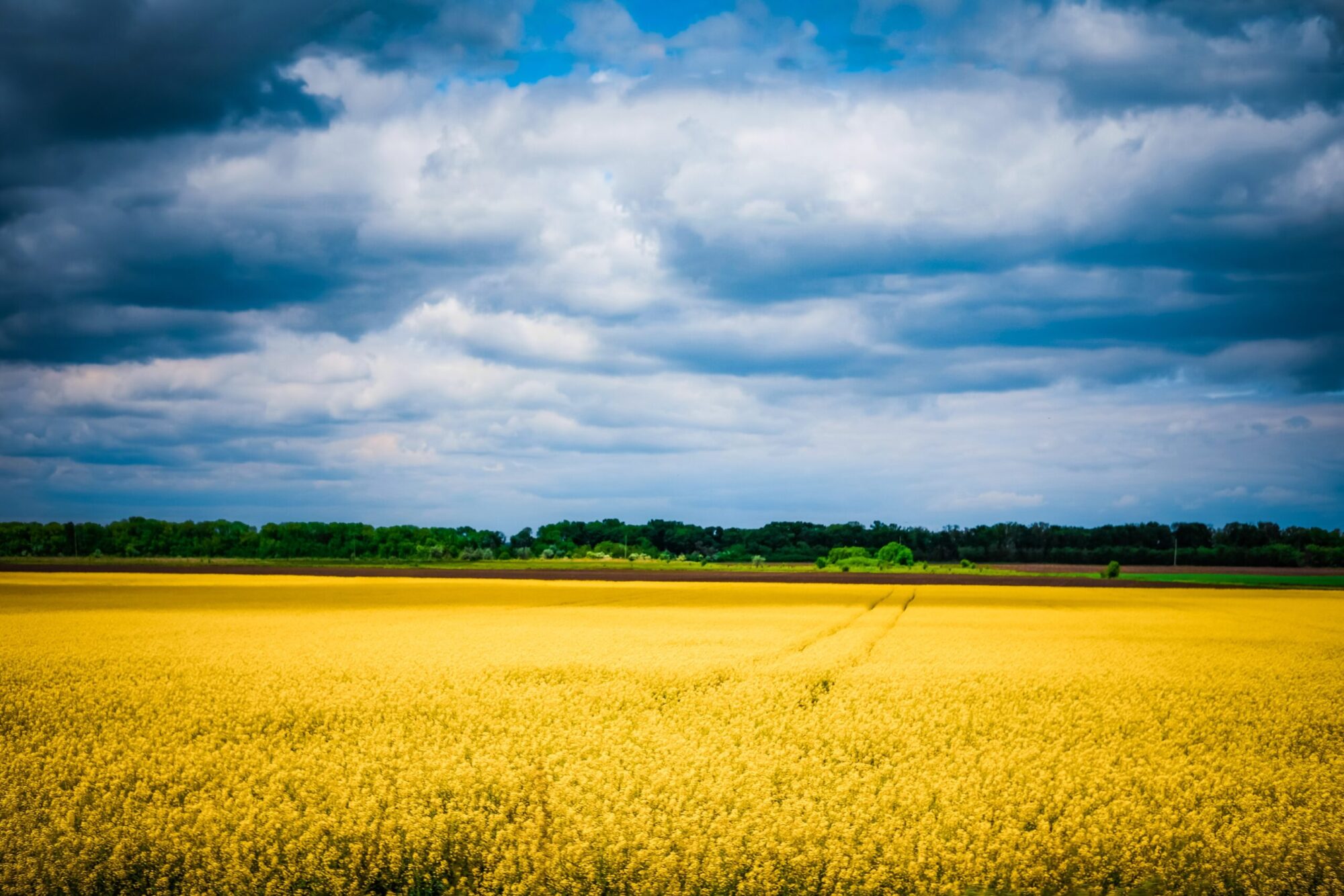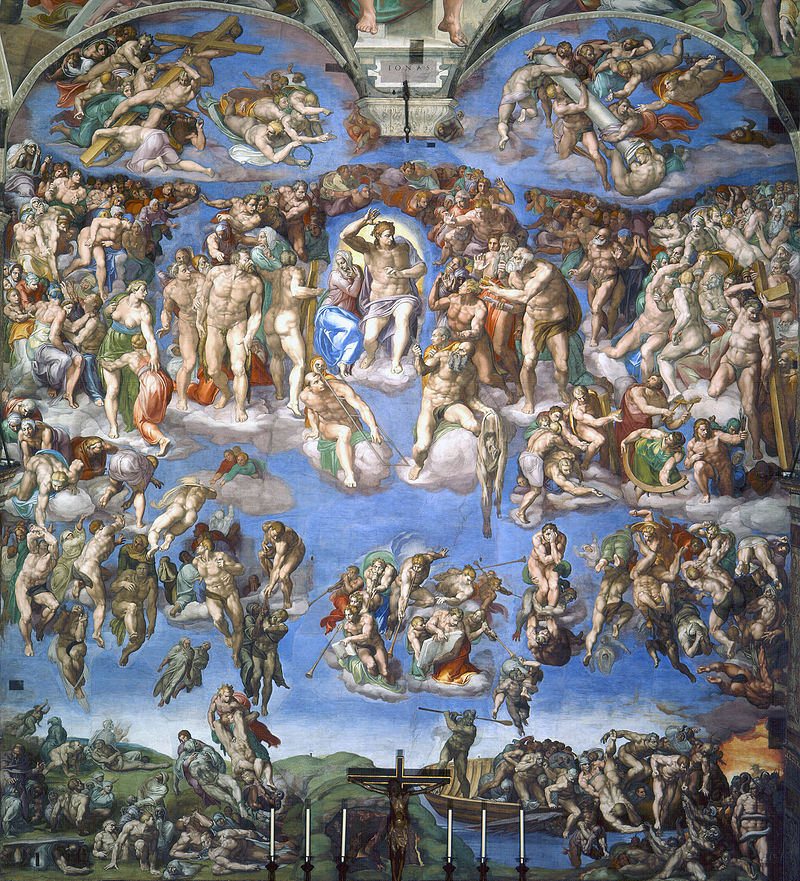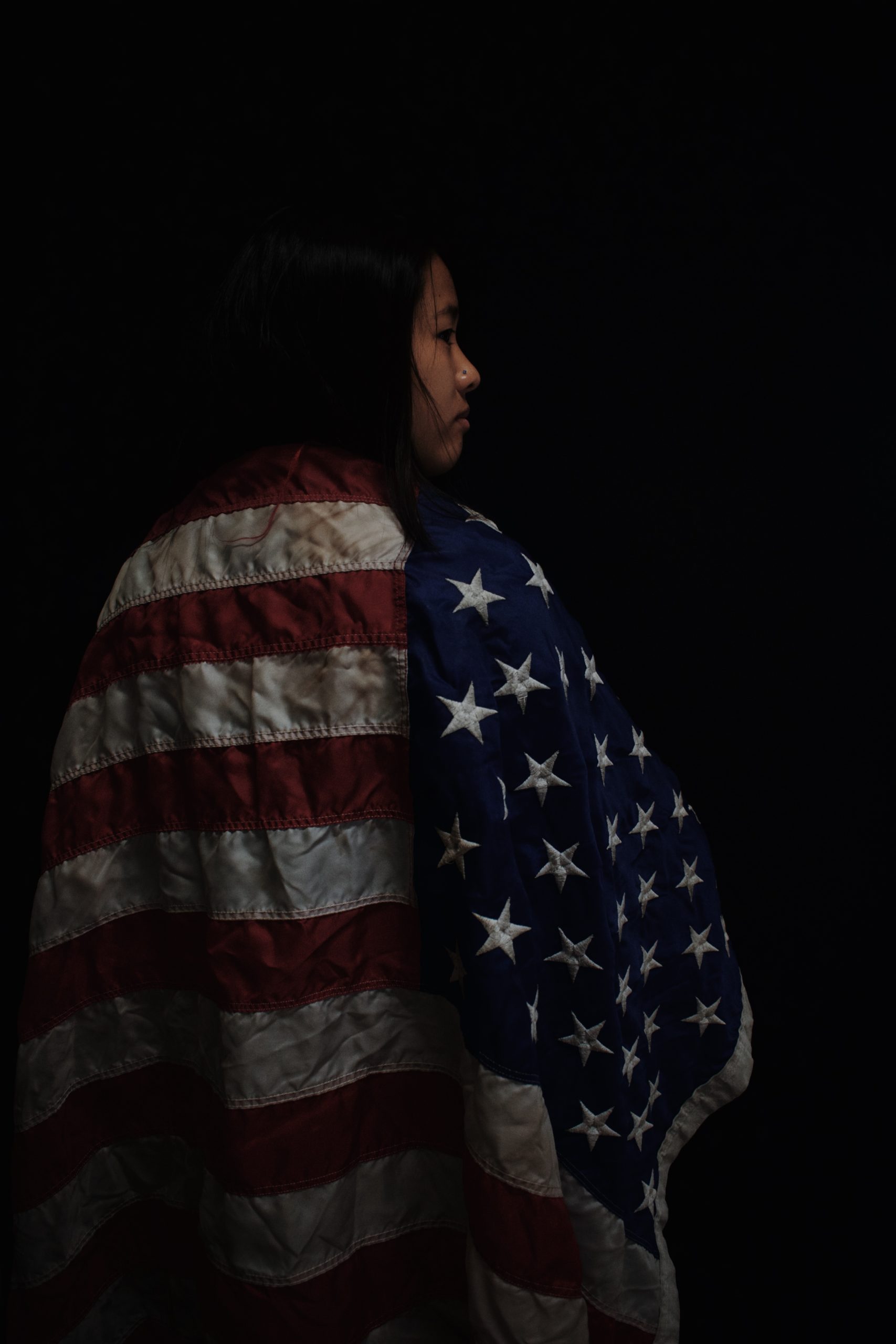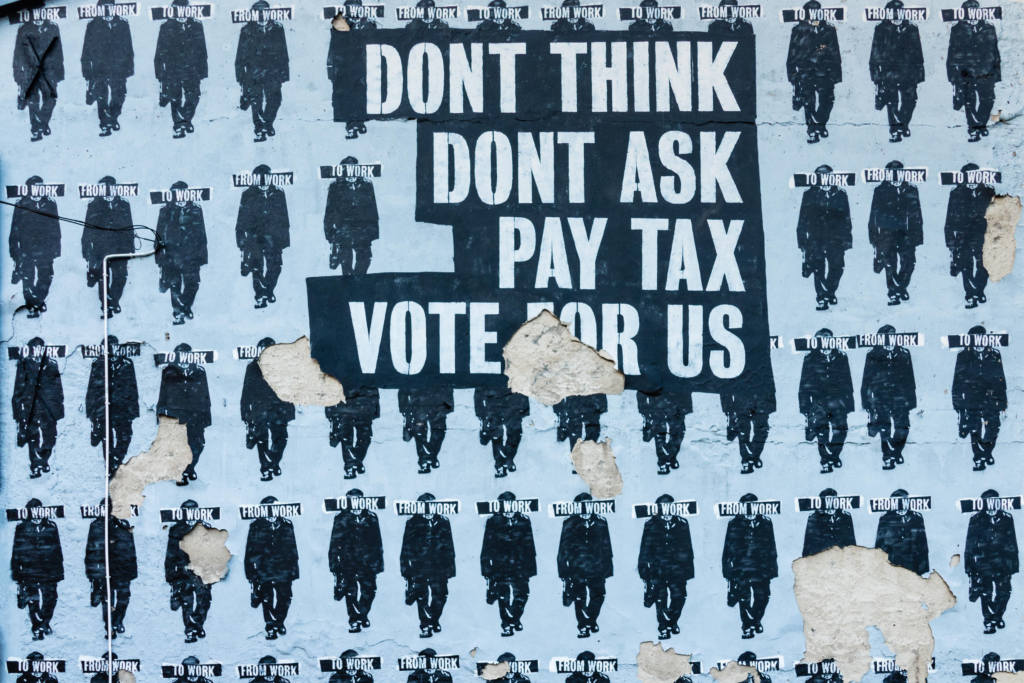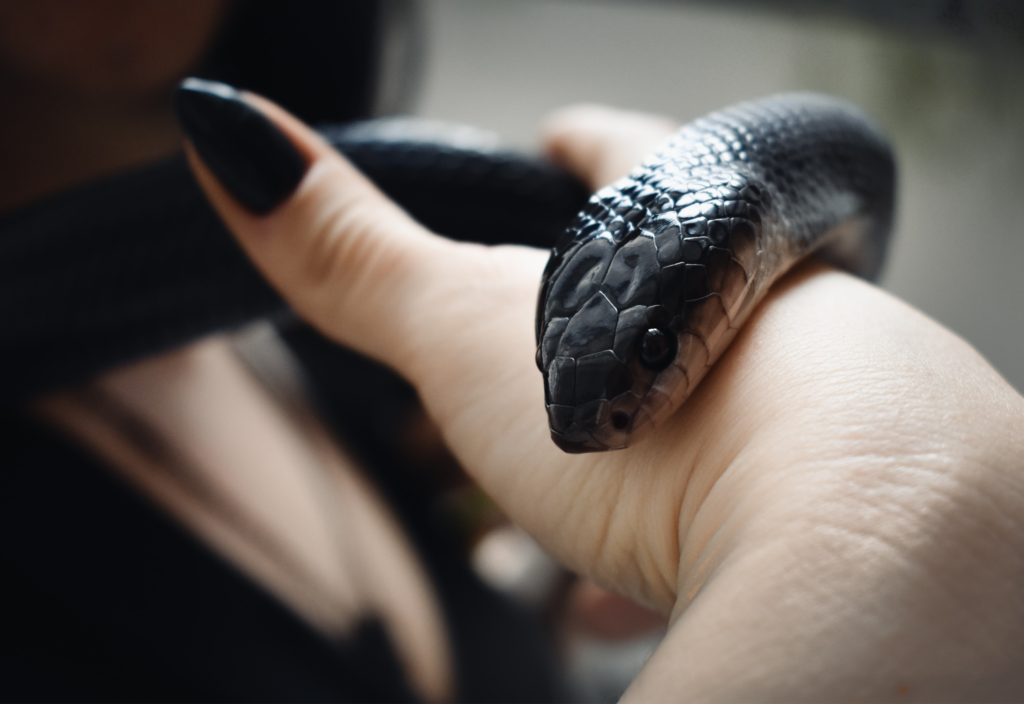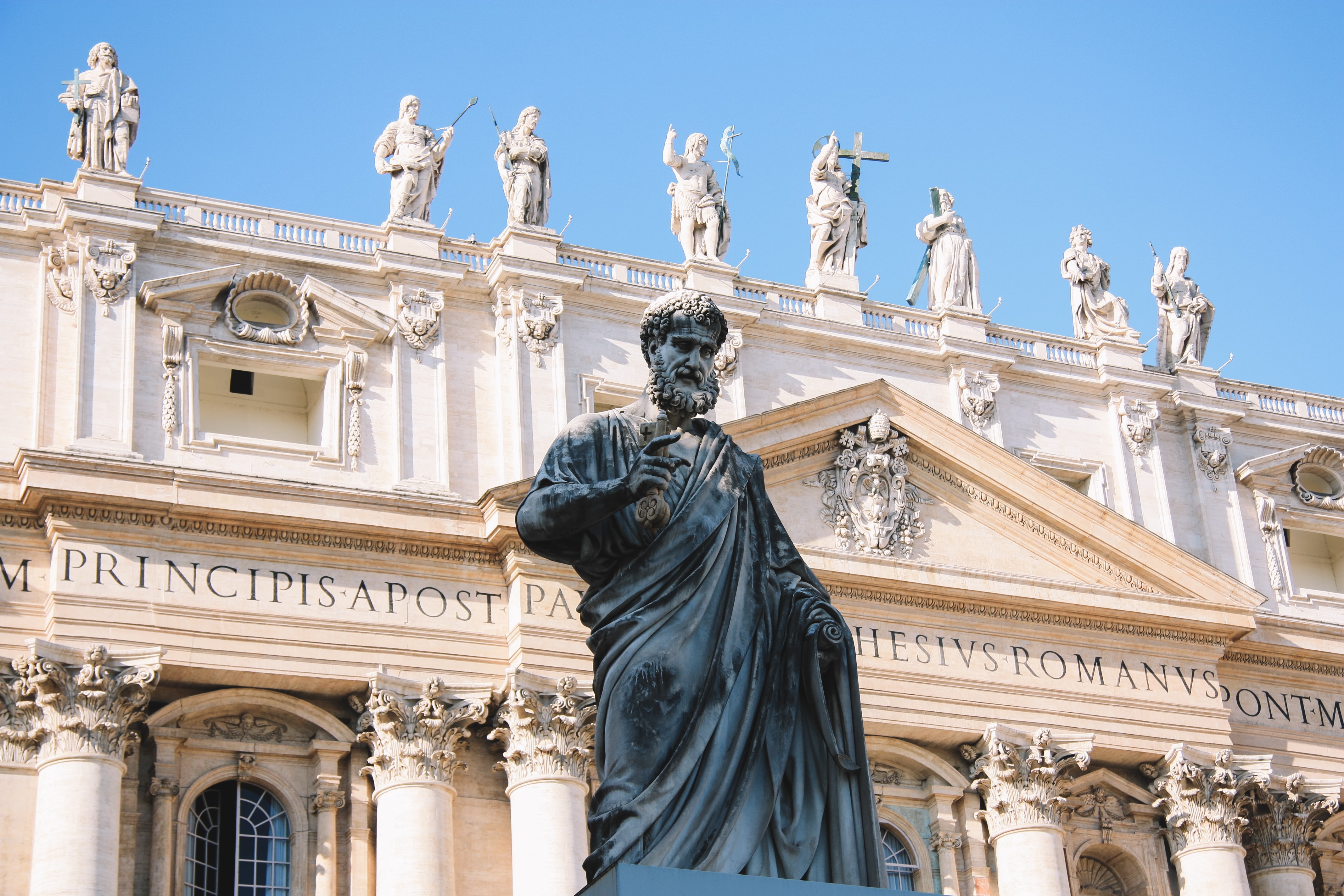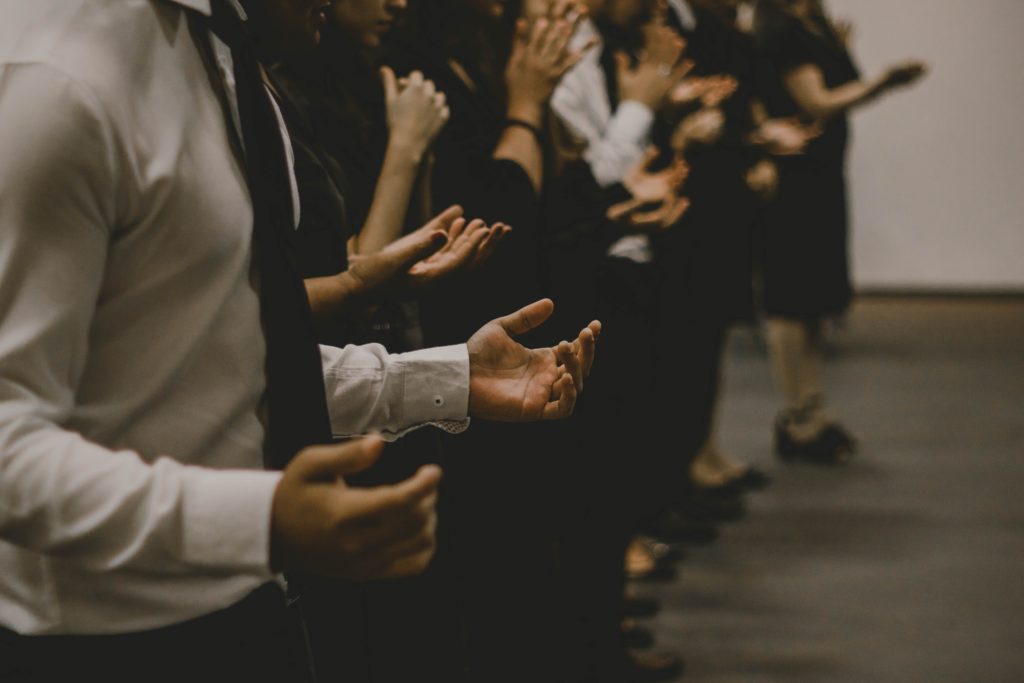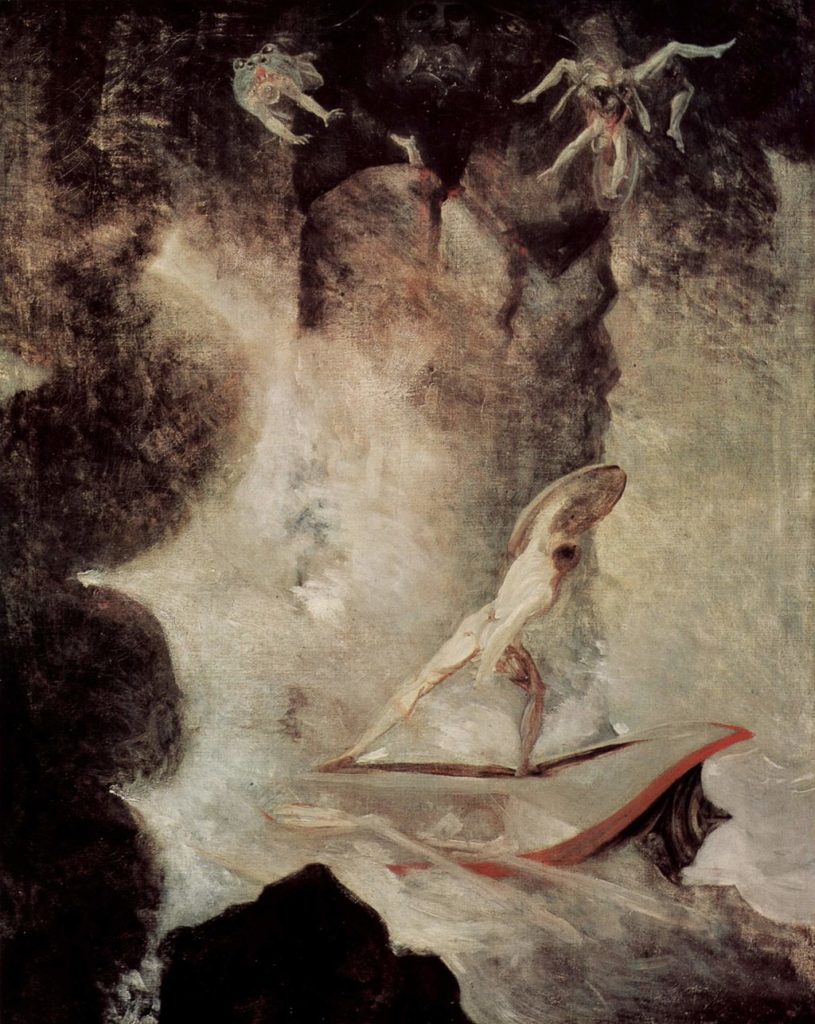
Christians have historically navigated between the Scylla of legalism and the Charybdis of license. The Bible begins with the Book of Genesis, and God basically gives Adam and Eve one simple “law” to obey. Do not eat from the tree of the knowledge of good and evil. They disobeyed him and thus began mankind’s odyssey.
Scylla of Legalism
As we move further into the Five Books of Moses, the Pentateuch, there is a proliferation of laws. As Father Longenecker (2014) explains, “For the first time obeying a law code was the way to make God happy.” Perhaps it was also a way for Moses and Aaron to keep an unruly, disobedient and ungrateful caravan of freed Hebrew slaves from angering God and from exhausting them any more than they had.
Then comes Paul and Christianity. Longenecker says, “Unfortunately, the law is not enough, and St Paul unlocked the riddle by telling us that the whole reason for the law was not to make us good enough, but to show us that we could never be good enough. The Christian religion was another innovation. Instead of living by the law, we are called to live by faith in a dynamic relationship with God.”
Charybdis of License
Most people, even Christians, might ask: what does it mean to be “called to live by faith in a dynamic relationship with God”? It does not provide any real guidance. Although Christians have forgotten or ignored much of the Law of Moses, the Ten Commandments continue to have a simplicity and practicality that is conducive to obedience. It is much easier to follow laws if one can actually remember them. License on the other hand requires no memorization and no restraint. Its potential destructiveness is also obvious.
Scylla of Shut Down and the Charybdis of Open Up
Today, as we debate the Scylla of shut down and the Charybdis of open up the economy, we would do well to remember that the safest passage in this crisis is navigating between the two extremes. The left seems to lean toward shutting down, maintaining stay-at-home orders, and the right seems to lean toward opening up, returning to normal.
There are economic consequences to maintaining restrictions that are too strict that go well beyond the stock market but affect ordinary people in real and painful ways. We need to be sensitive to the financial precariousness of their lives and understand that their economic vulnerabilities can quickly develop into other problems, such as domestic violence, child abuse, inescapable poverty and debt.
On the other hand, no restrictions at all would almost certainly exacerbate the spread of the coronavirus, which would bring with it not just illness and death but also economic ramifications, as people would be required to go to work and would feel compelled to do so even if they were feeling unwell.
This is not a matter of right versus left, legalism or license, shutting down or opening up. It is a matter of assigning proper weight to the risks associated with veering too much in one direction or the other and finding the correct middle path. Jesus’s perfect navigation between the extremes of legalism and license is often underappreciated. He never actually lowered the standards or diluted “the law.” In many respects, he raised them. However, he simultaneously extended tremendous compassion and generosity.
We would do well to adopt his approach to the extent we could – strict but compassionate. Ideally, our government would have acted faster and with more preparation and planning, in particular, making sure that we had adequate tests and medical equipment and were tracing any people suspected of having come into contact with the virus. They would have had to follow stricter self-isolation guidelines, i.e. quarantine, while the remainder of the population could have continued life under a laxer set of preventive measures. Alas, neither competence nor compassion can be found in the present administration.
My Brother’s Keeper
For the rest of us, let us live in faith in God and in each other. Let us be our brother’s keeper and think of others’ interests as well as our own. Let us remember that some among us are more vulnerable to sickness and death while others are more vulnerable to poverty, which can also lead to sickness and death. Let us not judge others for their particular fears or frustrations, but instead let us pray that our leaders will arrive at a reasonable set of guidelines that avoids both the health and economic dangers to the greatest extent possible.
